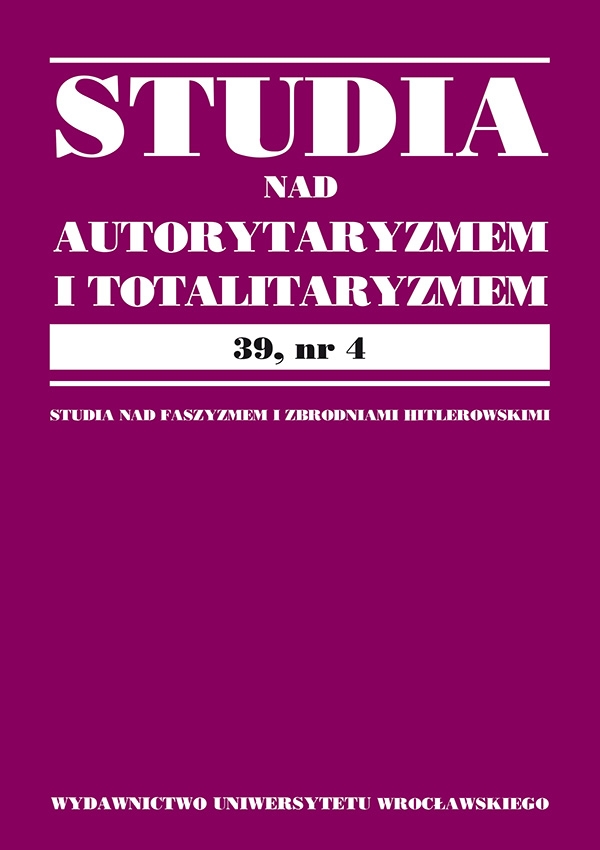

Artykuły

CENTRAL EUROPEAN STATES FROM A CONSERVATIVE PERSPECTIVE IN THE PERIOD 1990–2004
The post-communist transition of Central European States the V4 countries and their neighbours, when speaking about a broader Central Europe took place in the last decade of the 20th century until the years 2002 and 2004, when the V4 countries were allowed to access the EU and NATO. In this case, the term transition accounts for changes in the political status of states, a transition period in which basic pillars of the state — political system, the market economy, replaced the centrally-planned economy, the security and agenda of human rights, were assessed by new criteria. It was a complicated process that had to be reflected from the perspective of science and research, but also it had to be accepted from the perspective of citizens who did not always perceive the changes in a positive way. Central Europe lacked public discussion, a space that was supposed to be dedicated to the supporters of integration, but also to opposing opinions in order to make transparent attitudes, objections, but mainly, to introduce comprehensible projects of further development. Today many theoreticians from Western Europe view the absence of public discussion to be a serious lack of planning in the preparation period. Mainly future positive benefits were presented, liberalism as the best solution of economic problems was unilaterally preferred. Little attention was given to possible impacts of the other ideological or theoretical concepts, e.g., conservatism, which puts an emphasis on the important role of the state, traditions, paternalism, and other aspects, which could, at first sight, operate as controlling mechanisms, even barriers to liberalism and integration. At that time, conservatism seemed to be an outdated ideology. But in practice, the situation was different. Conservative parties, and particularly the conservative perspective of reality, became an essential way of problem solving. The article aspires to explain some aspects of the impact of conservatism on the positive process of transition and transformation in Central Europe.